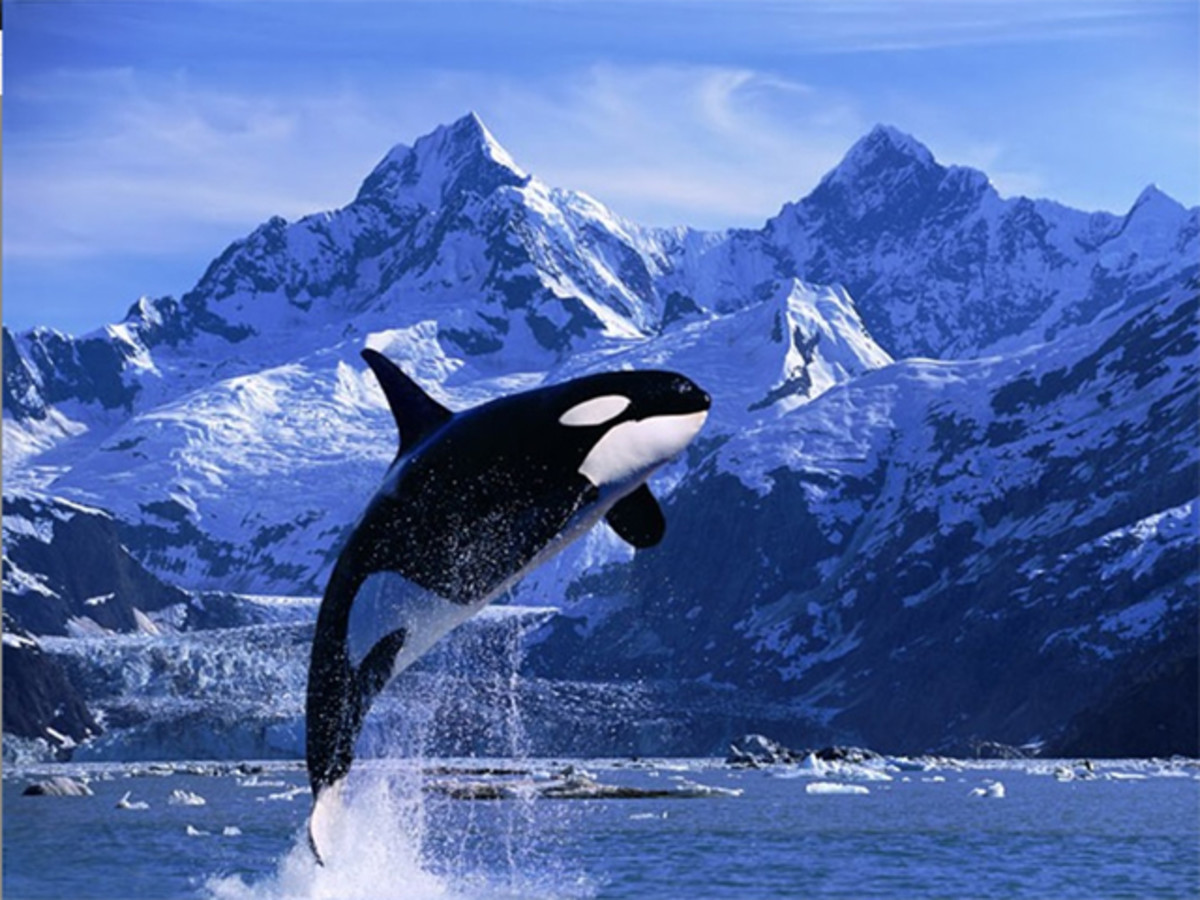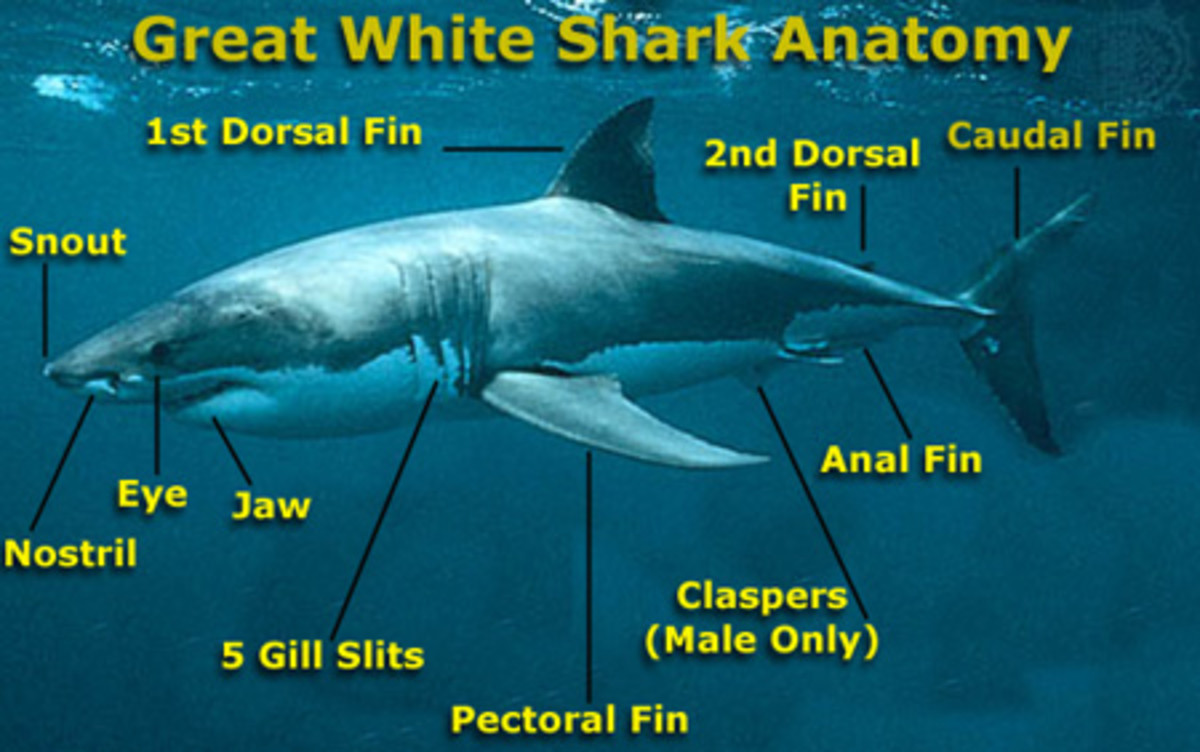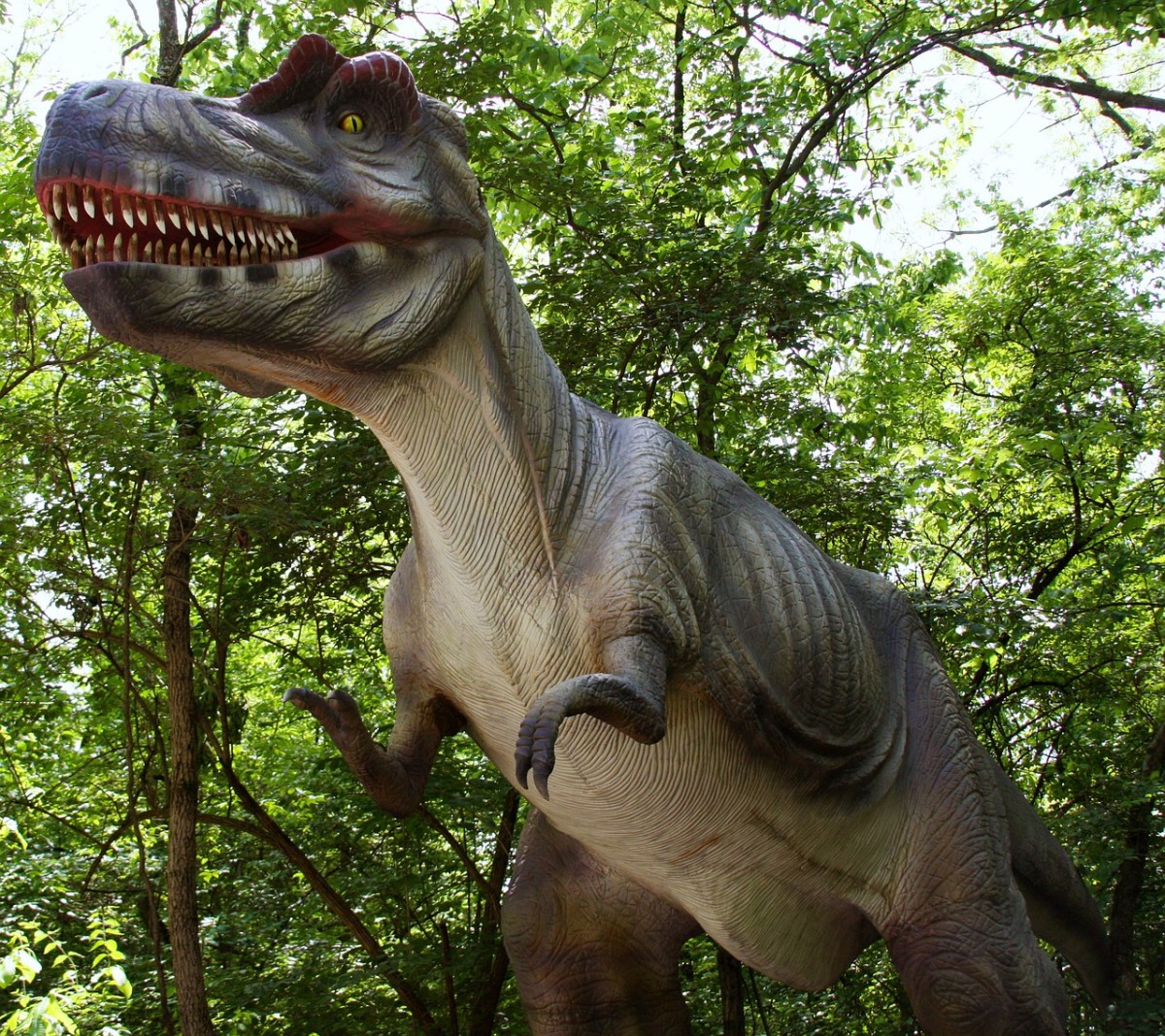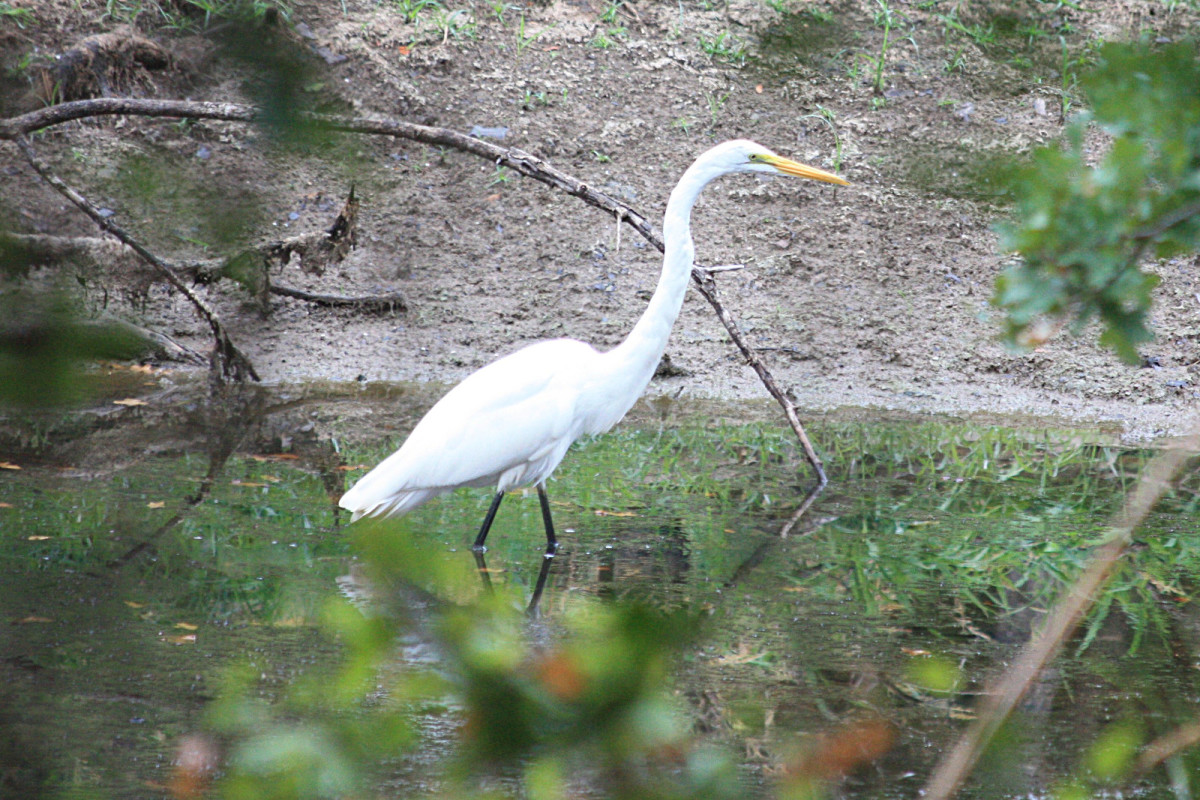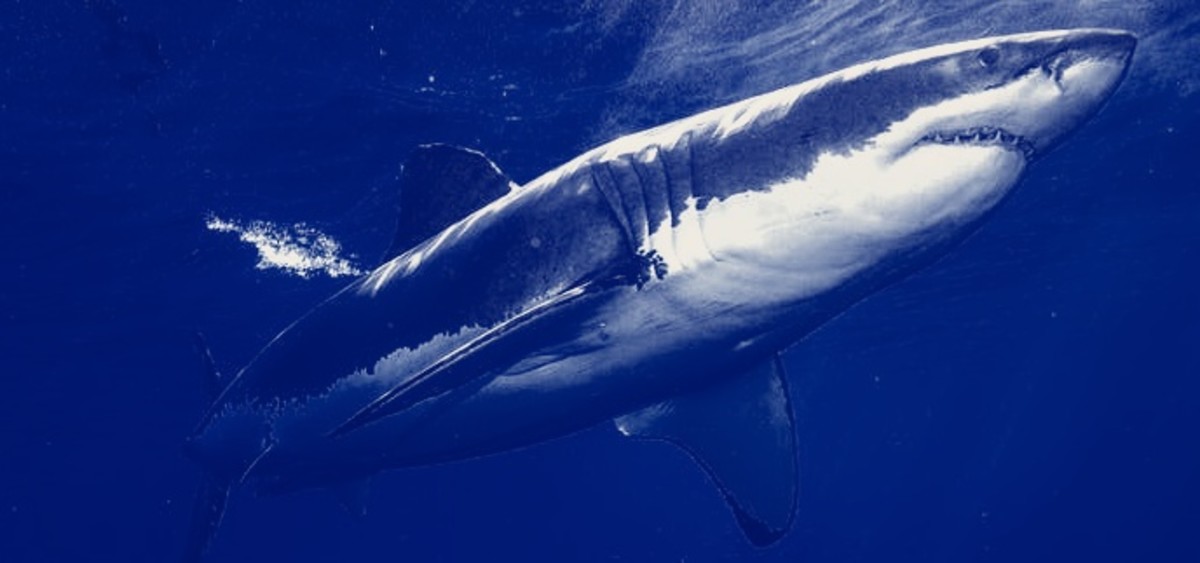Megalodon Interesting Facts
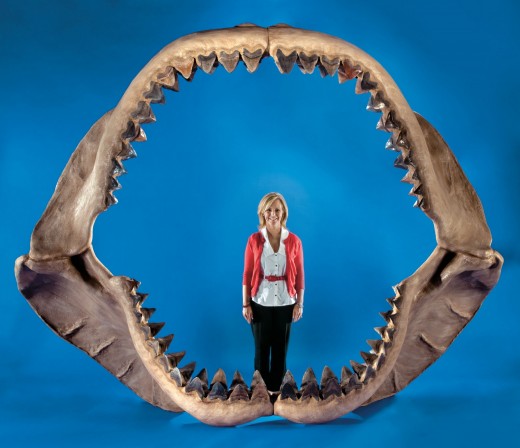
Megalodon was an enormous shark and is like the great, great grandfather of the great white only twice as big. Megalodon measured over twice the length of the largest great white on record and weighted about 44 tons more. It hunted large prey, mostly whales and smaller sharks and could tear through them with its razor sharp teeth.
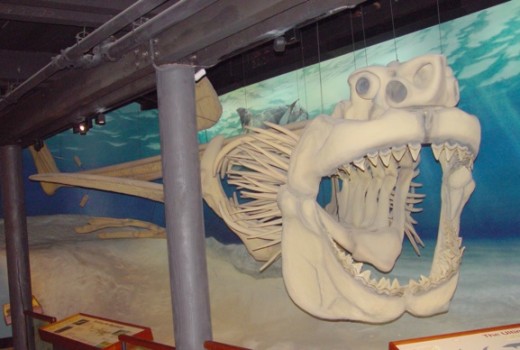
Size
Megalodon measured up to 60 feet long and weighed up to 48 tons. With jaws up to 6 feet wide, it had 2 rows of razor sharp teeth. In fact almost all of what scientists know about Megalodon comes from its fossilized teeth. The Megalodon’s teeth measured up to 7 inches long, that’s more than twice the size of the teeth of the great white. Its tail was also a massive feature seeing as how it had to be large and muscular to propel the large predator through the warm waters. From tip to tip the tail of the Megalodon reached 13 feet.
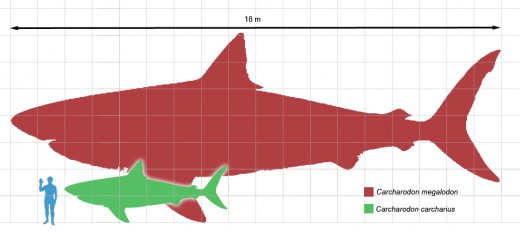
Habitat
The Megalodon fossils have been found odd the coasts of North and South America, Africa, Europe, Puerto Rico, Cuba, Jamaica, Canary Islands, Australia, New Zealand, Japan, Grenadines and India. So almost anywhere in the world, a fossil of the Megalodon was found. It was possible for this shark to live in all Oceans because when it was alive the worlds Ocean waters where warmer. Megalodon had enough adaptability to inhabit a wide range of marine environments, and exhibited a transient lifestyle.
Diet
A large super predator needs large prey, and the only other large creatures in the water were whales. That’s right Mealogon preyed on whales, they were the only thing meaty enough for this large carnivore. Ancient whales that it fed on used to be about 80 feet long and weighed more than 70 tons. Megalodon also preyed on dolphins, cetaceans, small whale, giant sea turtles and other sharks among other sea creatures. Many whale bones have been found with large gashes and teeth marks that matched up with the Megalodon’s teeth. Also many Megalodon teeth have been found beside whale bones.
The Megalodon lived in the ocean with fierce competition, even with it being at the top of the food chain it likely had a profound impact on the structure of other marine communities. Juvenile Megalodons perfered habitats that had a lot of small cetaceans and adults preferred a lot of large cetaceans. Raptorial Sperm Whales and Squalodontids were among the apex predators and provided more competition for food.
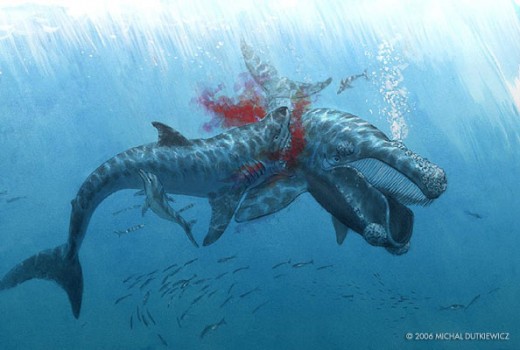
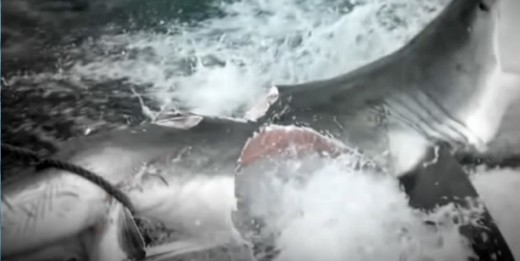
Time line and extinction
The Megalodon lived from 18-1.6 million years ago during the Tertiary and Quaternary Periods. This was part of the Cenozoic Era. The earliest known Megalodon remains were reported to be 28 million years old. It is not known how old they lived to be but it’s believed that they became extinct in the Pleistocene time probably about 1.5 million years ago.
It is believed that the Megalodon became extinct due to the Ocean waters cooling over time and while the Megalodons moved towards the coast, it’s food sourses such as whales, moved even further north and south. Another problem with the cooling waters was that it hindered reproduction because the Megalodon needed the warm waters for a suitable nursery.
Competition was a big thing to for the large predator’s young because of them having to moved closer to the coast it is believed that some of the Megalodons young were now prey for the Killer whales and other large predators in the shallow waters.
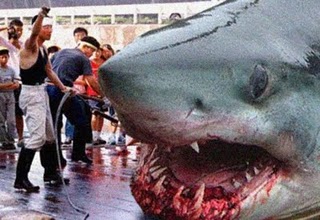
Is the Megalodon still alive?
Some people out there seem to still think the Megalodon exists deep in the Ocean. There have been supposed sightings of a large shark, bigger than the largest great white shark, in the Ocean. But could the Megalodon really still be alive? In my opinion anything is possible, so I would say yes I think it’s possible. However scientists don’t think so, although there are a lot of large sharks out there in the waters, thinking there is a Megalodon in the water is something else entirely. There are no "official" Megalodon sightings on record only stories and rumors really. So I want to know what you think…. Do YOU think Megalodon could be lurking in the deep dark Oceans? Let me know in the comments below.

